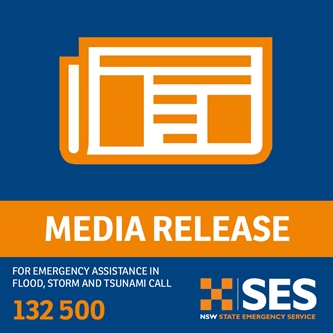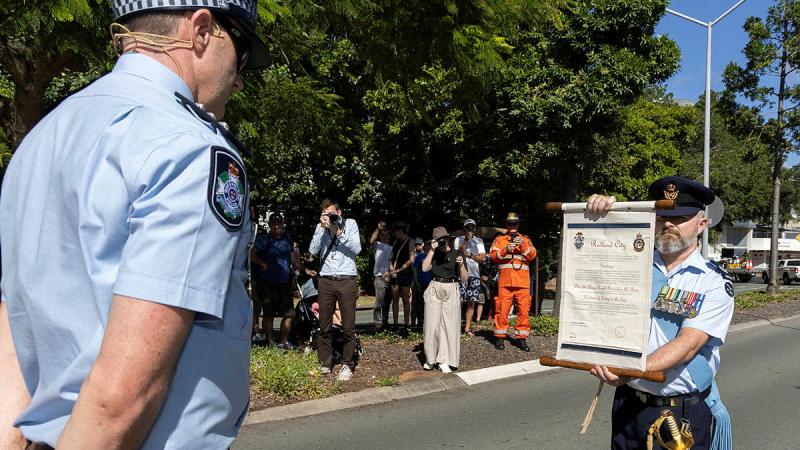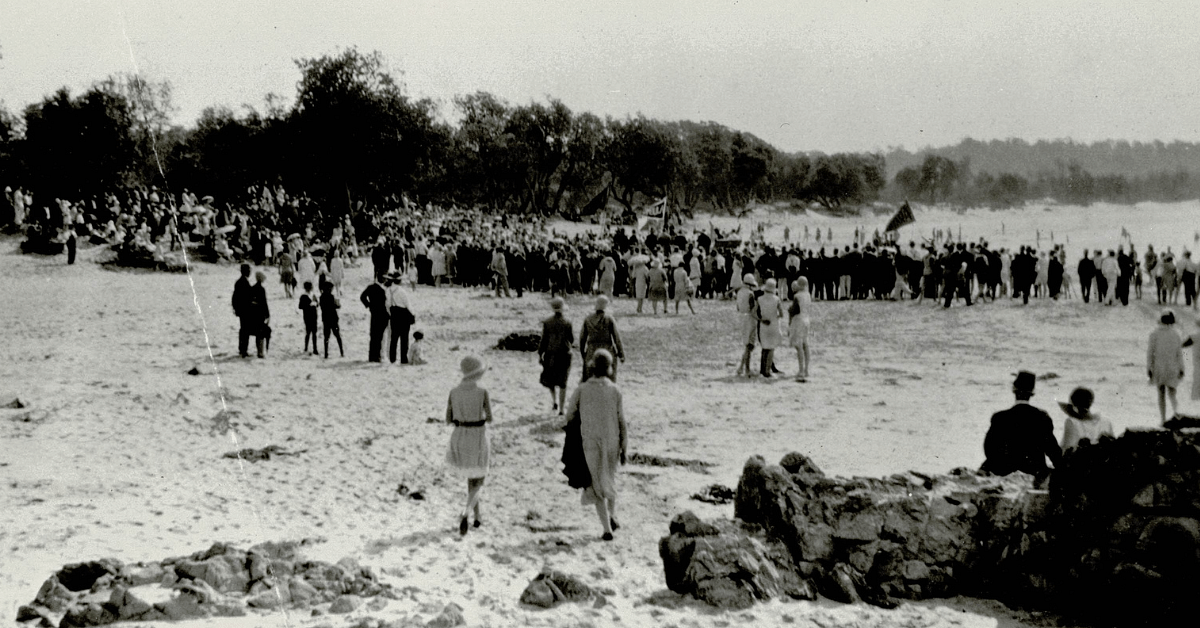Townsville City Council’s laboratory is now approved to test water samples for one of the world’s most dangerous water-borne diseases, Legionella pneumophila.
The accreditation by the National Association of Testing Authorities (NATA) means that Council’s laboratory, which has operated since the early 1990s, is now able to analyse water samples for Legionella pneumophila and other strains of Legionella.
Mayor Jenny Hill said that the bacterium Legionella pneumophila is responsible for most cases of Legionnaires’ disease.
“Legionella was first identified in cooling towers in the United States in 1976 and it’s important that analysis can be done locally,” Cr Hill said.
“Outdoors, legionella bacteria survive in soil and water, but they rarely cause infections.
“The highest risk is when the bacteria multiply in humid indoor water systems such as air-cooling towers, particularly in places like aged care facilities, hospitals, clinics and commercial buildings occupied by people with lowered immunity.
“The approval for our laboratory to test for Legionella pneumophila reflects Council’s wider goal for Townsville to be a leading centre of education, training and research commercialisation.”
Because domestic air-conditioning systems do not have cooling towers, Legionella does not pose a high risk to people in their homes because the Legionella species do not have the ability to grow.
Chairperson of Council’s Community Health, Safety and Environmental Sustainability Committee Maurie Soars said Townsville’s warm climate makes it an ideal location for Legionella testing.
“Legionella loves heat, humidity and moisture, so it’s a risk that we need to be aware of in a tropical environment,” Cr Soars said.
“Council is very pleased to be able to provide a local testing service for this potentially fatal bacterium.”
In addition to testing water samples from Council’s own buildings, the Council laboratory will extend the service across North Queensland to hospitals, clinics, aged care facilities and commercial buildings that are subject to Queensland Health requirements for mandatory testing.
Symptoms of Legionella may include coughing, shortness of breath, fever, muscle aches and headaches, as well as loss of appetite and diarrhoea.
“The symptoms of Legionella are similar to influenza and even COVID-19, so the Council laboratory’s ability to analyse water samples and provide a timely result is a huge asset for our region,” Cr Soars said.
With more than 30 years of operation, Townsville City Council’s laboratory has grown from a team of three technicians who focused on water testing to a current team of 19 that now focuses on water, wastewater, environmental, materials and emerging contaminants testing, including per- and polyfluoroalkyl substances (PFAS).
The Council’s laboratory provides analytical services to local Councils, government departments, mines and other businesses across north and western Queensland.
Townsville Laboratory Services conducts approximately 212,000 tests annually and has consistently met the highest performance and reliability measures. This includes 20 years of continuous accreditation with NATA, the principal governing body in Australia for quality control in laboratories.








